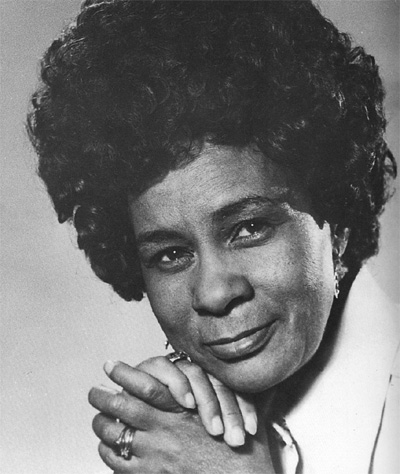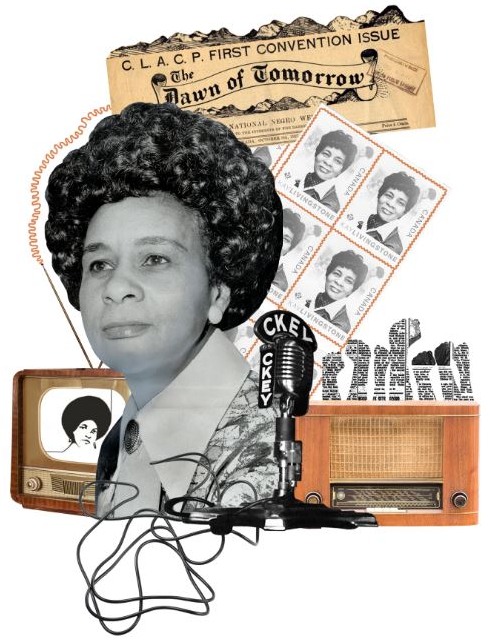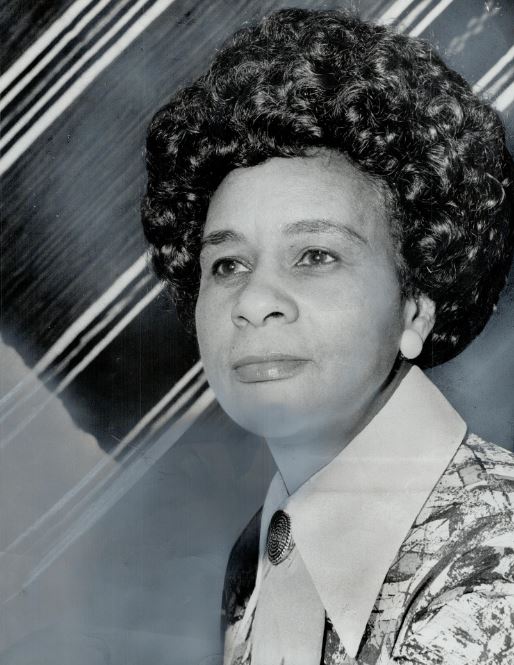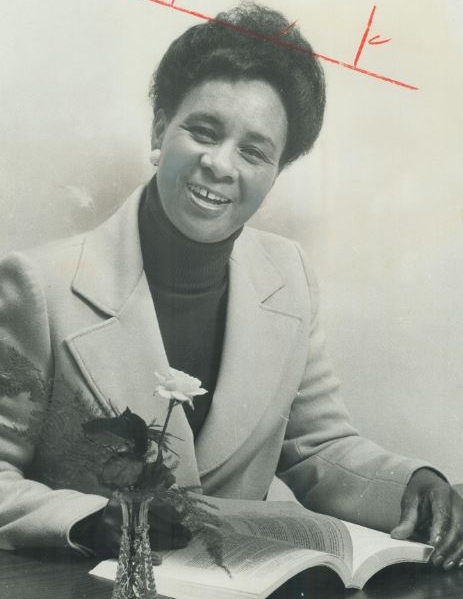Kathleen 'Kay' Livingstone National Historic Person (1918-1975)

© Photo courtesy of the Livingstone Family
Kathleen 'Kay' Livingstone was designated a national historic person in 2011.
Historical importance: Actively engaged in creating a Canada-wide network of Afro-Canadian women; driving force behind the first National Black Women's Congress (1973).
Commemorative plaque: 475 Yonge Street, Toronto, OntarioFootnote 1
As the driving force behind the first National Black Women’s Congress in 1973, Livingstone advanced the cause of African-Canadian women. In 1951, she founded the Canadian Negro Women’s Association, a Toronto benevolent organization that encouraged pride and collective awareness in the city’s Black community. Through her political activities and participation in a wide range of advocacy and volunteer organizations, she worked tirelessly to break down prejudice and to promote the equality of individuals of diverse origins, contributing to the development of a more tolerant society. This noted activist lived on Bedford Park Avenue.
Kathleen 'Kay' Livingstone
Livingstone actively engaged in creating a Canada-wide network of African-Canadian women. She was the driving force behind the first National Black Women’s Congress (1973), providing a national forum to address the concerns of Black women and advance their cause, and was a founder of the Canadian Negro Women’s Association (1951). Livingstone was deeply involved in expanding a collective awareness and pride in the Toronto Black community in the post-Second World War period, all the while contributing to society’s well-being through her work with the United Nations Association – Toronto Branch Women’s Auxiliary, the local YWCA Foreign Affairs Committee, the National Black Coalition of Canada, the Canadian Council of Churches, the Legal Aid Society, and Heritage Ontario. Livingstone worked to break down prejudice and promote equality of individuals of all origins and contributed to the development of a more tolerant society.


© Photo courtesy of the Livingstone Family
Kay Livingstone was born in London, Ontario, in 1918. From a young age, she developed an interest in the performing arts, studying music in Toronto and Ottawa. In 1942, she married George Livingstone, and they moved to Toronto where they raised their children. Not confined to the family home, Livingstone maintained a brilliant acting career. She was called “one of Canada’s leading Black actresses” during this time, performing in both amateur and professional productions and having a career in radio.
In the 1950s, as the civil rights movement gained momentum in the United States, Livingstone’s thirst for action and change transformed her social gatherings into a mutual aid association called the Canadian Negro Women’s Association. She served as its first president, from 1951 to 1953, and remained an active member afterward. Livingstone provided the organization’s vision to promote the pride and the contributions of the Afro-Canadian community. Through this organization, Livingstone initiated and organized the first National Congress of Black Women, held in Toronto in April 1973. This filled a void on the political spectrum, as Afro-Canadian women’s concerns were lesser priorities for both the Black civil rights movement and the second wave feminists. Given the event’s success, other conventions followed in cities across Canada, which led to the creation of the permanent organization that exists today.

© Toronto Star Photograph Archives/TSPA_0063568F

© Toronto Star Photograph Archives/TSPA_0063567F
Livingstone worked to involve the nation in a dialogue on the role of women and African-Canadians as a consultant for the Privy Council of Canada. In 1975, during the United Nation’s International Women’s Year, she travelled the country with a plan to organize a national conference of women who belong to a visible minority. Livingstone died suddenly in the summer of 1975, leaving the Black community in a state of shock. Her story is one of a fighter who worked tirelessly for the African-Canadian community and for the betterment of society.
Backgrounder last update: 2017-02-15
The National Program of Historical Commemoration relies on the participation of Canadians in the identification of places, events and persons of national historic significance. Any member of the public can nominate a topic for consideration by the Historic Sites and Monuments Board of Canada.
- Date modified :